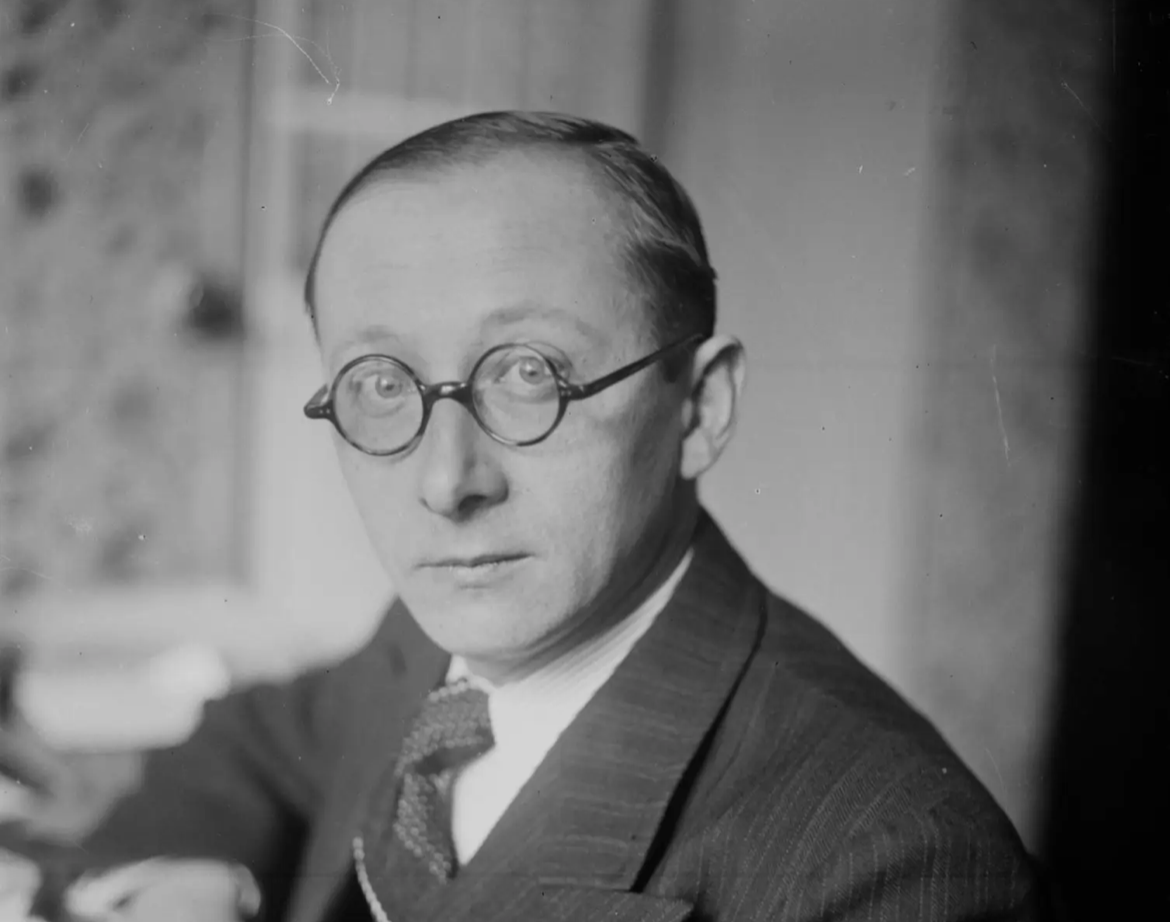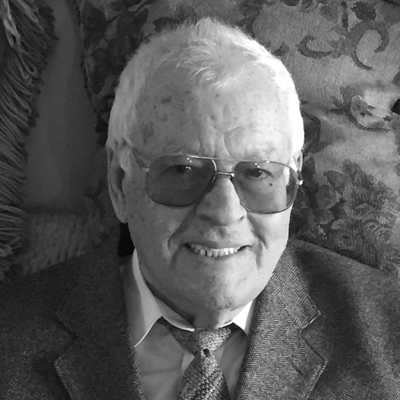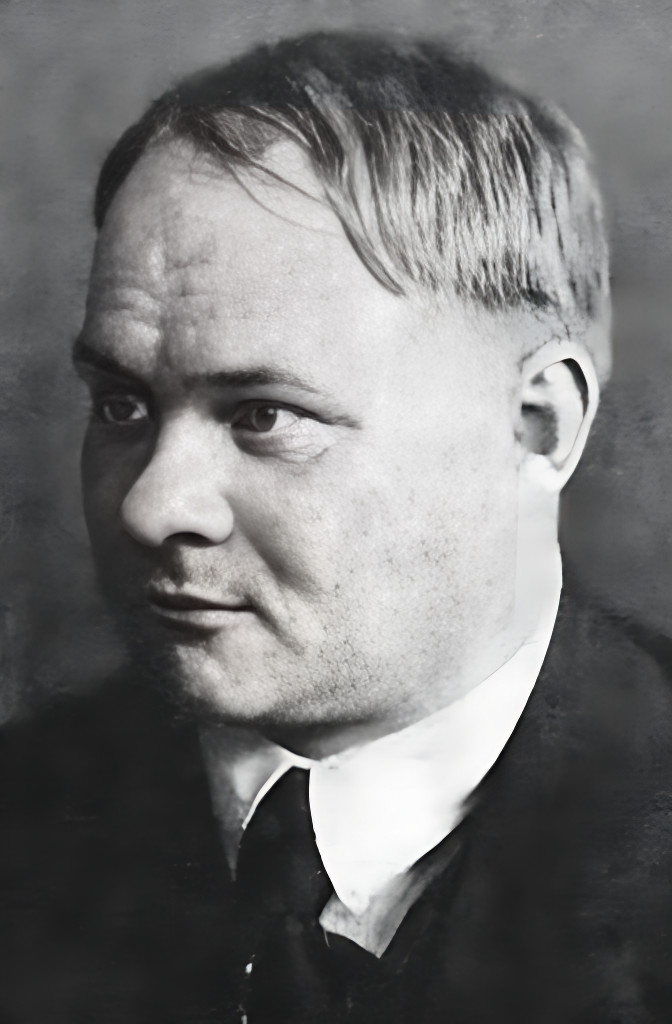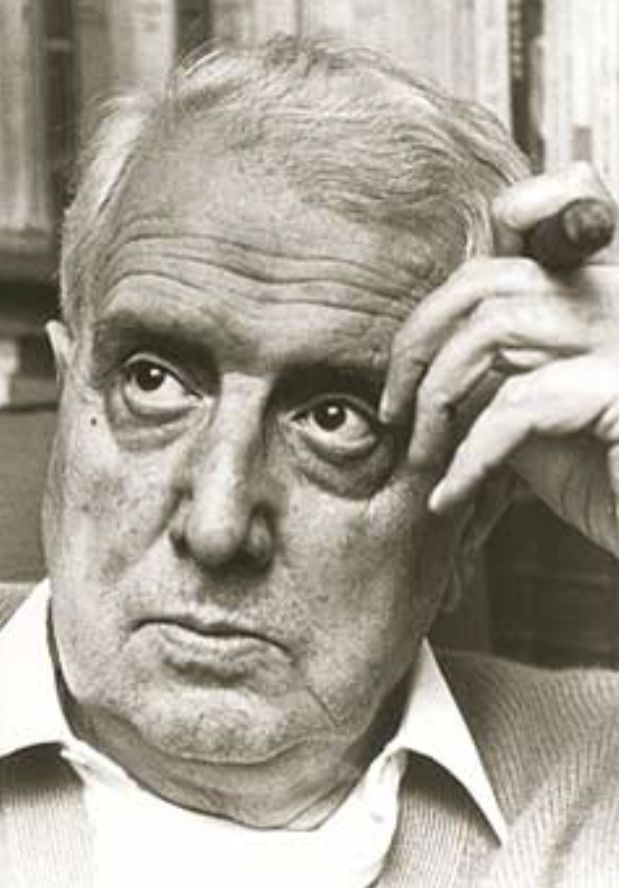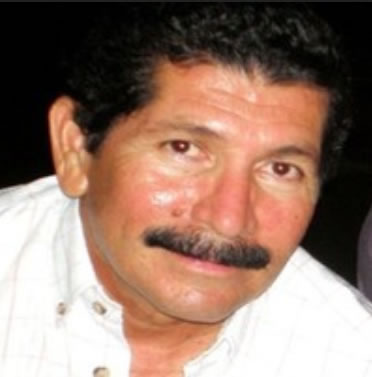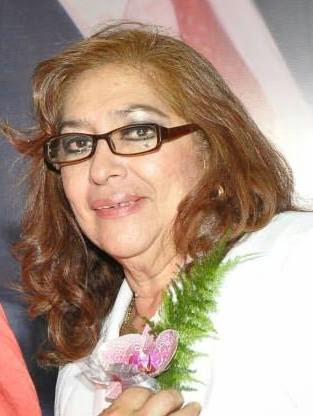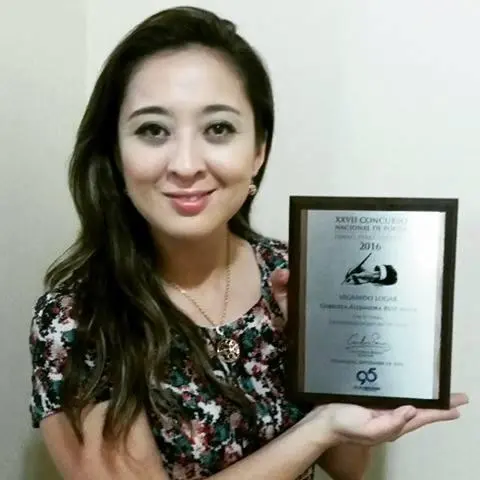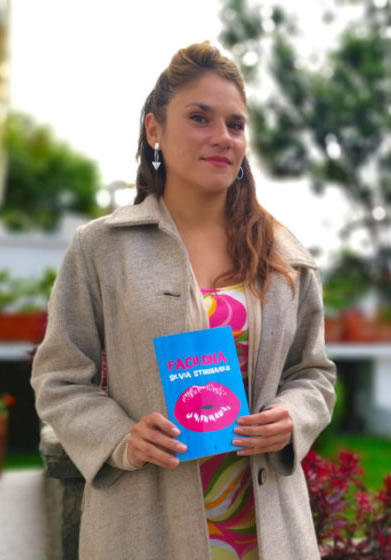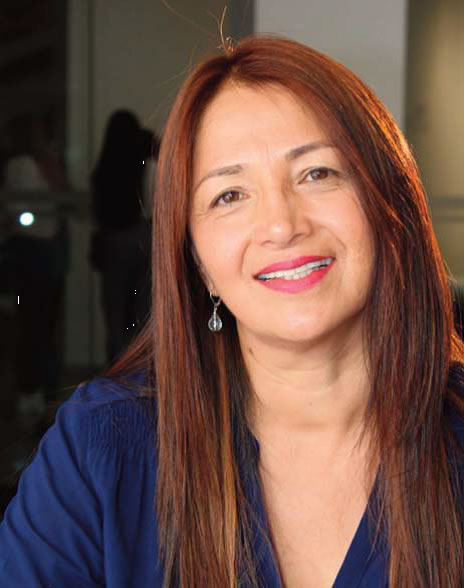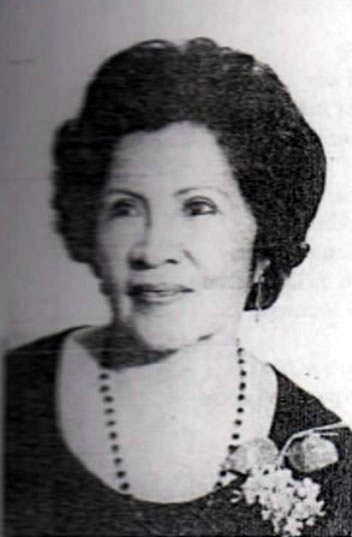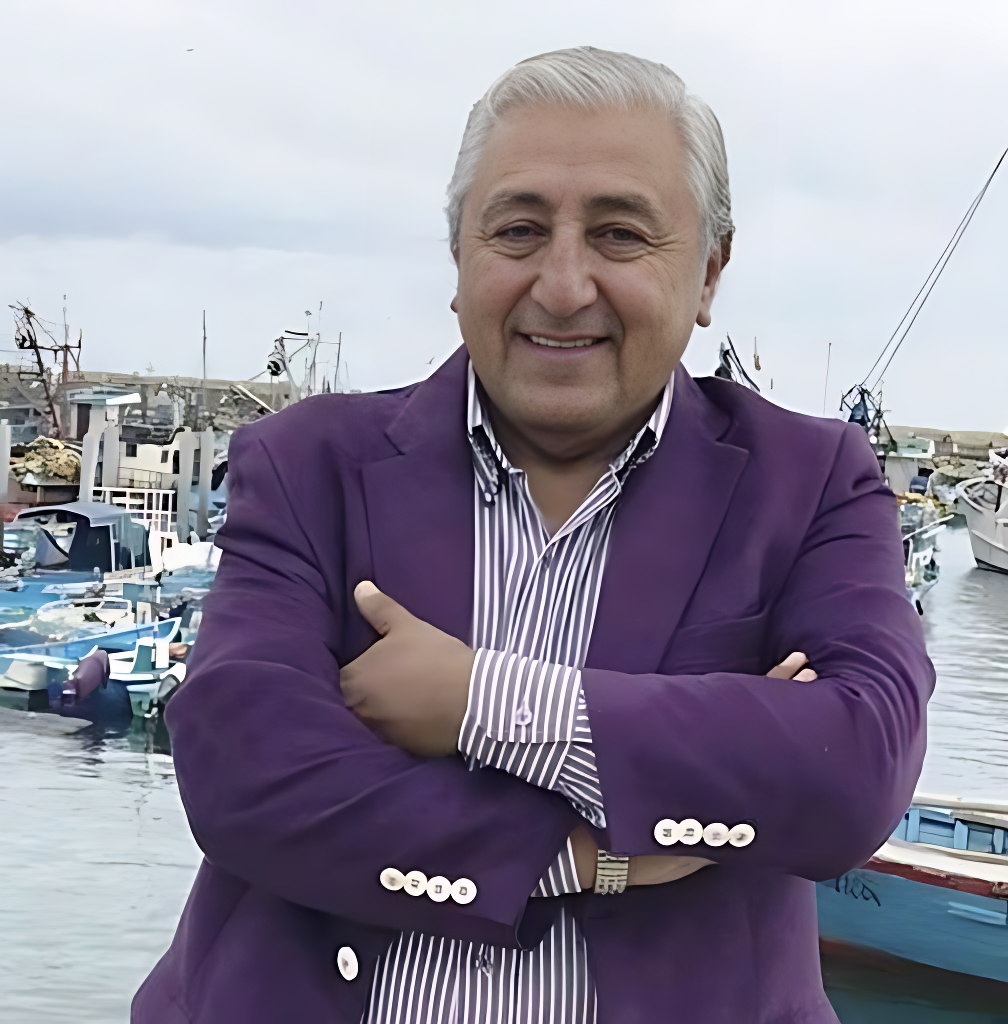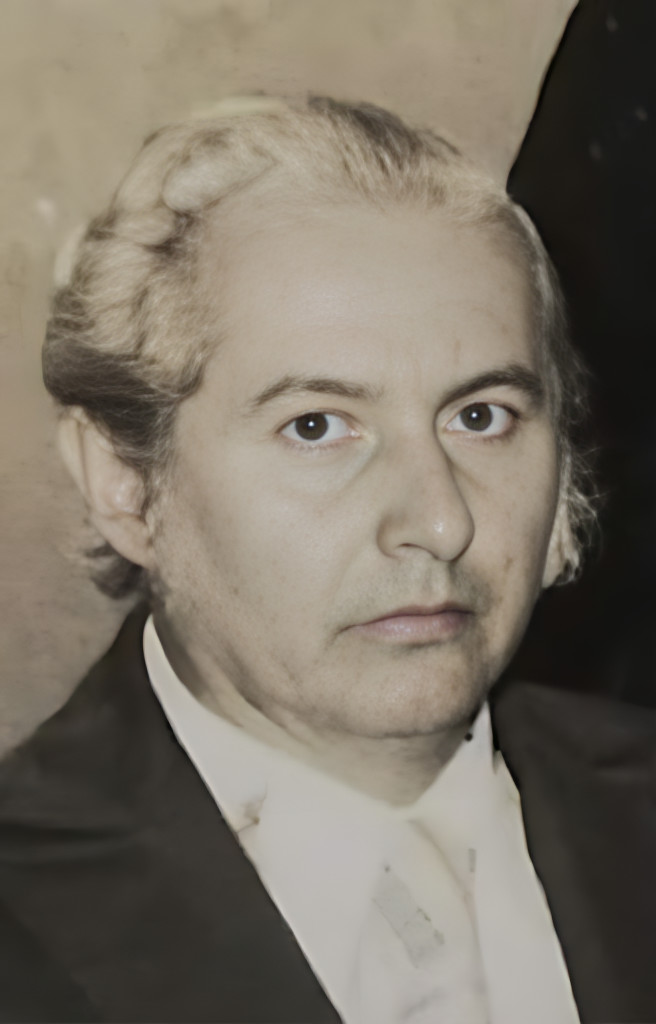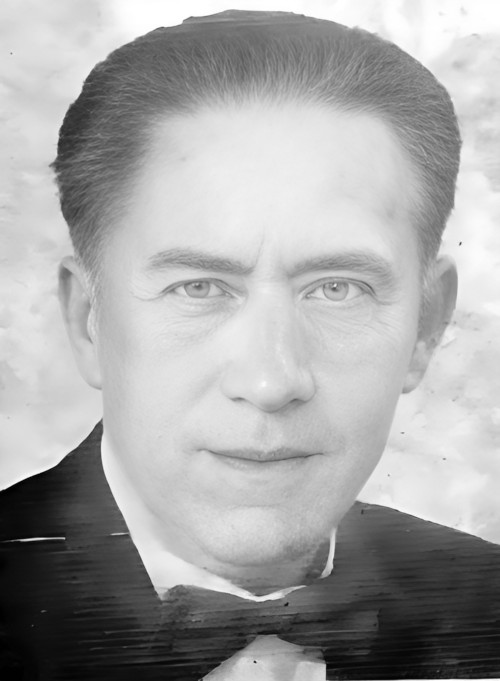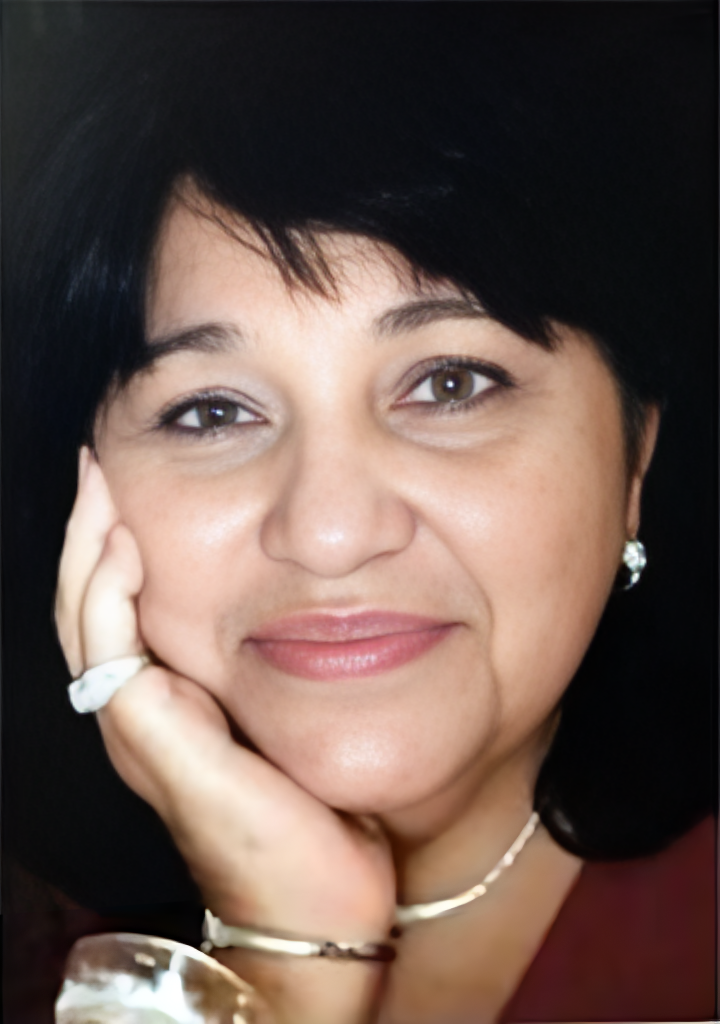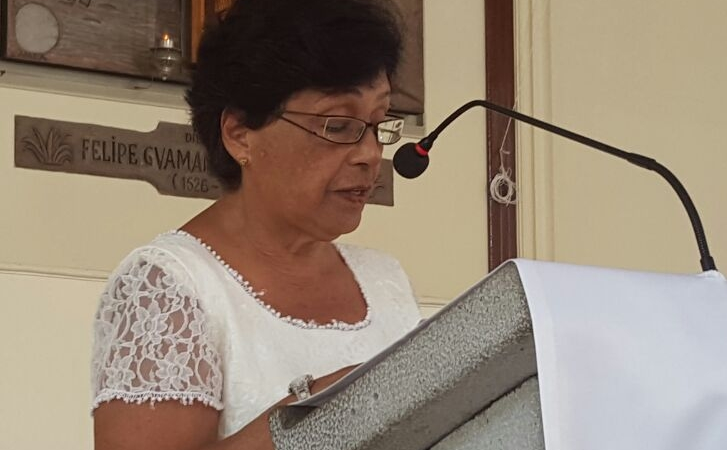Georges Pillement (March 23, 1898 — April, 14 1984) was a French writer, translator, Spanish and Hispano-American literature scholar, author of books on art and tourism, and photographer. In 1938, he translated “Huasipungo,” Ecuador’s most famous novel (written in 1934 by Jorge Icaza) into French as “La Fosse aux Indiens” (literally, The Indian Pit). It was the first time “Huasipungo” was translated into another language (it was eventually translated into over 40 languages by other translators, including Russian, Chinese, and English). Moreover, in 1945 he published a French anthology of Ecuadorian short stories entitled “Gens de l’Equateur,” which contained stories by José de la Cuadra, Gil Gilbert, Jorge Icaza, Gallegos Lara, A. Malta, H. Salvador. In his illustrious career, Georges Pillement won the Prix des Deux Magots for his novel “Plaisir d’amour” in 1937, and the French Academy’s Prix Louis Barthou in 1964 and the Prix Georges Dupau in 1975.
Continue reading “Georges Pillement”Posts
Vadim Khazin (Вадим Хазін)
Vadim Khazin, or Вадим Хазін (Kyiv, Ukraine, April 2, 1937) is a Ukrainian translator and a geologist (PhD) who has lived in the United States since 1992. In 1967, he translated Jorge Icaza’s novel “El Chulla Romero y Flores” into Ukrainian as “Лихі пригоди Ромеро-і-Флореса” [literally, The Misadventures of Romero y Flores]. He knows various languages and has translated several works from English, Spanish, Italian and Polish to Ukrainian. He is a certified member of the American Association of Translators, where he initiated the creation of the English-Ukrainian certification of translators and until 2016 headed the relevant section of examiners. Now he heads the English-Russian certification section. He lives and works in New Jersey, USA.
Continue reading “Vadim Khazin (Вадим Хазін)”Paul Zech
Paul Zech (February 19, 1881 — September 7, 1946) was a German Expressionist writer of the first half of the twentieth century. His German translation of Jorge Icaza’s famous novel “Huasipungo” was published after his death in 1952 as “Huasi-Pungo. Ruf der Indios,” (literally, Huasipungo. Cry of the Indians). Zech’s prolific literary output included essays, poetry, plays, and translation. In 1933, having garnered criticism and opposition from Germany’s far-right, he emigrated to Buenos Aires, Argentina in the fall of 1933, where he remained in exile from the Nazis until his death in 1946. Known primarily for his translations of classic French works, almost all of his longer works, including seven novels, remained unpublished during his lifetime. These posthumous works were instrumental in finally bringing him the recognition he so richly deserved.
Continue reading “Paul Zech”Carlo Bo
Carlo Bo (Sestri Levante, Italy, January 25, 1911 – Genoa, July 21, 2001) was an Italian poet, literary critic, translator, and professor, as well as a Lifetime senator of Italy (since 1984). In 1949, Bo translated the Ecuadorian novel “Cholos” by Jorge Icaza into Italian as “I meticci,” (literally, The Mestizos). In an article titled “Calvino, Pavese, Icaza” published in La Hora newspaper in 2010, María Helena Barrera-Agarwal, wrote this about Bo: “He was a polyglot and man of extraordinary erudition, whose talent was perfectly reflected in the way in which he rendered Icaza’s work into Italian: his version, clean and true, retains the novel’s original qualities.” Among the other Spanish-language authors B0 translated into Italian are: Venezuela’s Rómulo Gallegos, Argentina’s Ricardo Güiraldes, and Spain’s Federico García Lorca and Miguel de Unamuno. Bo served as rector of the University of Urbino for over 50 years (from 1947 until his death in 2001 at the age of 90).
Continue reading “Carlo Bo”Horacio Mendoza Parraga
Horacio Mendoza Parraga (Portoviejo, 1947) is an Ecuadorian poet, writer, and university professor. He is the author of several poetry collections. He is known as a lyrical, social and romantic poet, and his poems have also been included in various anthologies. In 1971, he won first prize in a national poetry contest organized by the House of Ecuadorian Culture. In 1968, 1972, and 1973, he received honorable mentions in the Ismael Pérez Pazmiño National Poetry Contest. He has served as Councilor of the Portoviejo canton; Director of the Municipal Board of Culture of Portoviejo; President and Executive Director of the Manabí Rehabilitation Center; and has been the President or Director of several private companies. He is currently the Director of Culture at the Universidad Particular San Gregorio in Portoviejo.
Continue reading “Horacio Mendoza Parraga”Ximena Mendoza Párraga
Ximena Mendoza Párraga de Granda (Portoviejo, January 31, 1951) is an Ecuadorian poet. She’s a member of the Manabi chapter of the House of Ecuadorian Culture, President of the Writers Association of Manabi, and the first Provincial Culture Director of Manabi, named to this position by the Ministry of Culture. Her poems have appeared in various anthologies. She was married to the poet Euler Granda.
Continue reading “Ximena Mendoza Párraga”Gabriela Ruiz Agila
Gabriela Ruiz Agila (Quito, Ecuador, 1983) is an Ecuadorian journalist, poet, and researcher of mixed Chinese and Ecuadorian heritage, specializing in migration, human rights, and environmental issues. Her heritage is reflected in her work, particularly in Madame Ho. Escrituras de viaje (2017), where she explores themes of identity and migration, drawing from her personal background. She holds degrees in Communication from the Central University of Ecuador and Public Administration from the Autonomous University of Baja California (UABC), where she also earned a master’s in Public Policy. Ruiz Agila is recognized for her contributions to independent journalism and has received multiple awards, including the National Eugenio Espejo Journalism Award in 2017.
Continue reading “Gabriela Ruiz Agila”Silvia Stornaiolo
Silvia Stornaiolo Witt (Quito, 1980) is an Ecuadorian novelist and short story writer. She is the author of three short story collections and two novels, including: “Tanta Joroba” (2011) and “Tenga” (2012). Her latest book of short stories is “Facilona” (2020). Her father is the renowned painter Luigi Stornaiolo.
Continue reading “Silvia Stornaiolo”Damia Mendoza Zambrano
Damia Mendoza Zambrano (Manta, 1966) is an Ecuadorian poet, singer-songwriter, researcher, and university professor. As a poet, she’s represented Ecuador at international festivals in Taiwan, Mexico, Peru, Spain, Cuba, Canada, Argentina, Morroco, and the United States, among others. Her poetry books include, Sueños de Gaviota (1986), El despertar de Gaviota (2001), Desliz (2002), Tras los Cristales de mi Mar (2007), and Hojas de mi noche larga (2012). Her poems have also been published in several anthologies. Some of her poems have been translated into Italian, English and French.
Continue reading “Damia Mendoza Zambrano”Josefa Mendoza de Mora
Josefa Mendoza de Mora (Montecristi, March 18, 1917 – Guayaquil, January 26, 2006) was an Ecuadorian poet. She was part of the editorial staff of the magazine Recado Cultural of Portoviejo and was a member of the Manabi chapter of the House of Ecuadorian Culture. She also helped found the Manta Cultural Group in 1965 and served as its president. Some of her poems have been set to music by notable Ecuadorian composers, including Gerardo Arias and Constantino Mendoza. A high school in Manta bears her name.
Continue reading “Josefa Mendoza de Mora”Joselías Sánchez Ramos
Joselías Sánchez Ramos (Tarqui) is a distinguished Ecuadorian historian, writer, essayist, journalist, and esteemed university professor, renowned for his expertise in the local history of Manabi. As a respected member of the House of Ecuadorian Culture in Manabi, he contributes significantly to the preservation and promotion of cultural heritage. Sharing his vast knowledge, he teaches at the prestigious Universidad Laica Eloy Alfaro of Manabi. Notably, among his remarkable body of work stands the acclaimed publication titled “Manta, 1.500 años de vida histórica y la racionalidad de la identidad manabita,” [Manta, 1,500 Years of Historic Life and the Rationality of the Manabite Identity] a profound exploration of the historical tapestry and the profound essence of the Manabite identity.
Family.
With his wife Cecilia he has 4 children and 9 grandchildren.
Works
- Manta, 1.500 años de vida histórica y la racionalidad de la identidad manabita
José Viliulfo Cedeño Sánchez
Dr. José Viliulfo Cedeño Sánchez (Manta, January 21, 1928 – Manta, February 27, 1986) was an Ecuadorian writer, poet, historian, archaeologist, and university professor. He was a founder and secretary of the Manta Cultural Group, he wrote various textbooks on philosophy, Ecuadorian territorial rights, literature and ethics. His poems were published in, “Itinerario del hombre” and “Voces Manabitas.” In 1985, his most notable book was published, “La Confederación Manteña,” a historical study of Manta’s roots. Two schools in the Manabi province bear his name.
Continue reading “José Viliulfo Cedeño Sánchez”Jorge Cevallos Calero
Jorge Cevallos Calero (Portoviejo, December 2, 1898 – August 20, 1968) was an Ecuadorian poet. In the 1920’s he formed part of the ”Argos” generation, an important literary group from Portoviejo. In 1950, he became a member of the Ecuadorian House of Culture in Manabi. In 1965, he created and presided over the Grupo Cultural Manta [Manta Cultural Group], which was very active in those years. He was bestowed the Flor Natural for his “Canto a Portoviejo” [Song to Portoviejo]. The poet Horacio Hidrovo Peñaherrera, being Mayor of Portoviejo, erected a bust in Cevallos’ memory, recognizing him as a universal poet “always attentive to the great events of humanity.” Today a school in Manta bears his name, as well as a park and garden in Portoviejo.
Continue reading “Jorge Cevallos Calero”Lesther Macías Vera
Lesther Macías Vera de Carofilis (Portoviejo, August 12, 1951) is an Ecuadorian poet. She is currently the director of the academic literature section of the House of Ecuadorian Culture in Manabi. She is the recipient of various teaching awards (1979, 1981, 1990, 1995). For her active participation in the Ecuadorian Literature seminar in 1983, the Ministry of Education and Culture awarded her a Diploma of Honor. She won second place in a prestigious poetry contest in Quito in 1990, with her poems “Un Árbol que murió de tristeza” and “Fábricas de Asfalto”. She is a member of “The Cove/Rincón International”of Miami, FL, a cultural group for poetry and other arts.
Continue reading “Lesther Macías Vera”Aracely Cevallos
Aracely Cevallos Ramírez de Velasco is an Ecuadorian poet who has been dubbed “la jardinera de la palabra” [The Word Gardener]. She is regarded as one of the most representative poetic voices of Manabi literature, distinguished by her modernist style and her ability to capture beautiful metaphors about nature, which she understands as an agricultural engineer and co-founding member of the Portoviejo Gardening Club. She is a member of the Manabi chapter of the House of Ecuadorian Culture.
Continue reading “Aracely Cevallos “